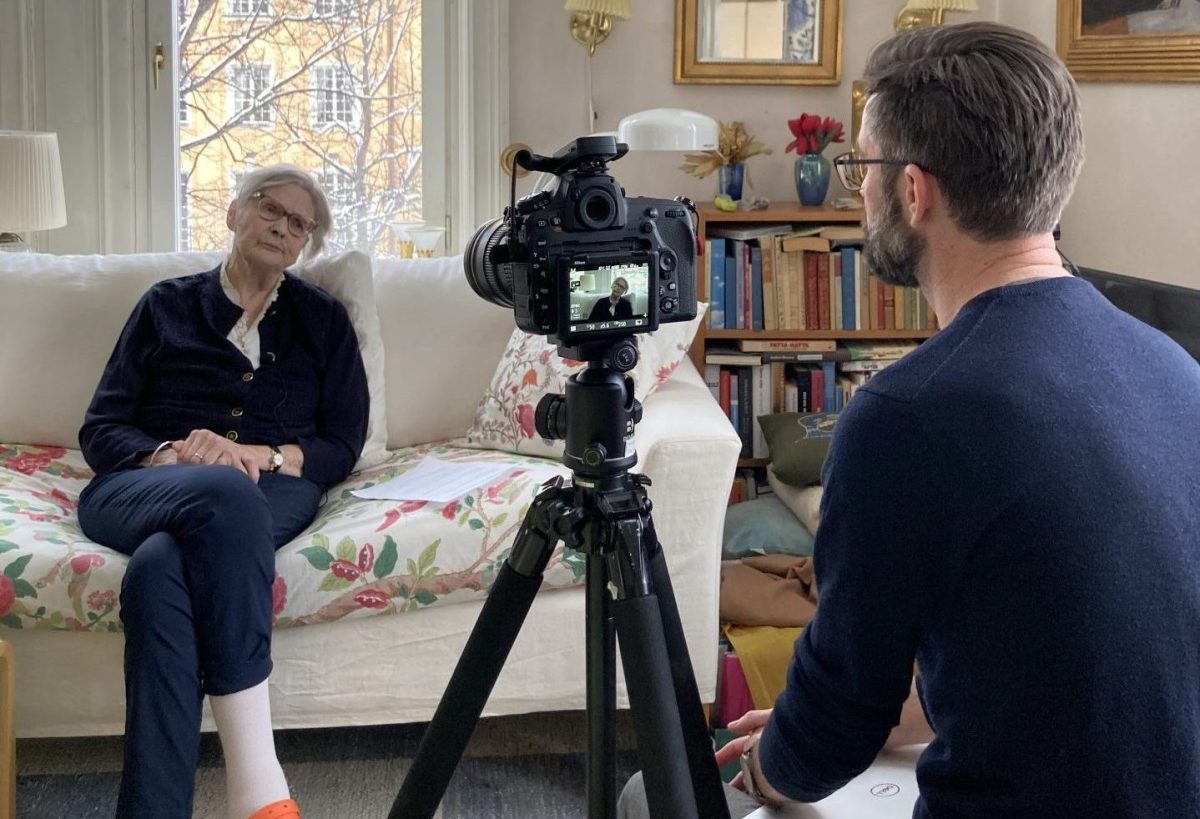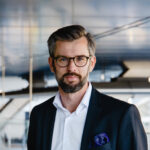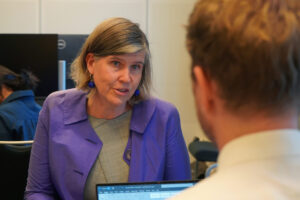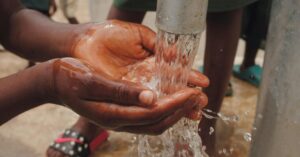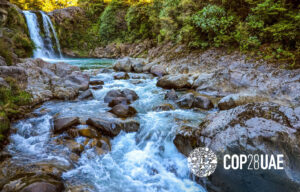Water wisdom from SIWI’s most senior staff member
“The young people have the right to be informed about what climate change means. There is a need to make the young generation prepared for [climate change].”
Main outcome in 1977 and the greatest challenge today
In the end everything worked out and, fully recovered, Malin produced a brilliant report.
The main outcome, according to Malin, was the discussion around the term ‘desertification’, which changed international cooperation in the following decades. A key example is the attention it brought not only to groundwater, but to water in soil itself.
The moisture held in soil is fundamental to the survival of vegetation during dry periods, especially in drier regions such as Africa. Dry regions, she said, must not be confused with desertification. “Nothing had gone wrong, it was just the way things operated and had to do with the characteristics of the rain system in the atmosphere.”
According to Malin, more work needs to be done in order to improve soil condition and harvest rainwater.
She added that the greatest water challenge is rapid population growth that will likely pose problems for future water supply, especially in cities. ”You have to find the water, and you have to get the water to the people.”
She expressed concerned that there is very little attention going into this problem, but it needs to be addressed urgently especially in the context of climate change, that will exacerbate the problem further.
What is the solution?
There are no simple answers. The red thread in Malin’s interview was to find out how things operate and to define the problem instead of creating assumptions or what people simply think about them. “It may cause large misunderstandings”.
Similarly, she believes that we do not yet fully know or understand the real impacts climate change will bring. Her message for the 2023 Conference is directed towards young people.
“The young people have the right to be informed about what climate change means. There is a need to make the young generation prepared for [climate change].”
Follow SIWI to New York
On 22-24 March, the United Nations headquarters in New York will host a historic conference on freshwater. SIWI will play an active role to ensure that countries finally tackle the urgent water crisis and deliver on commitments already made.
Learn more about our proposals and activities
